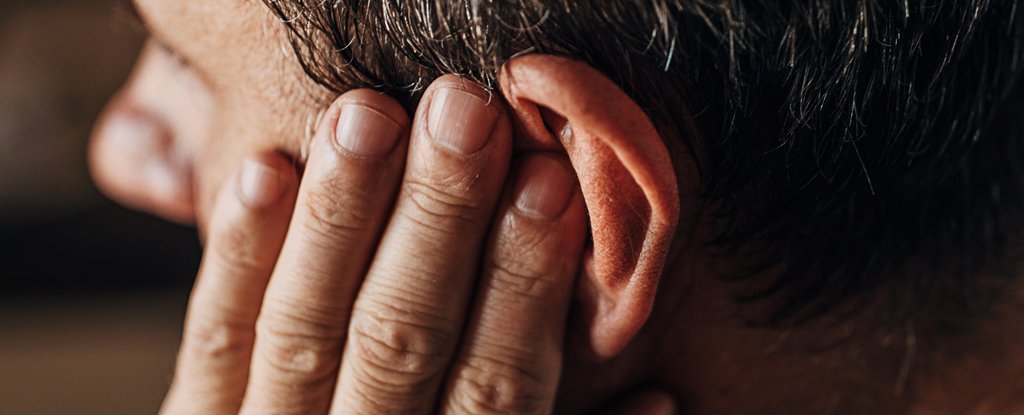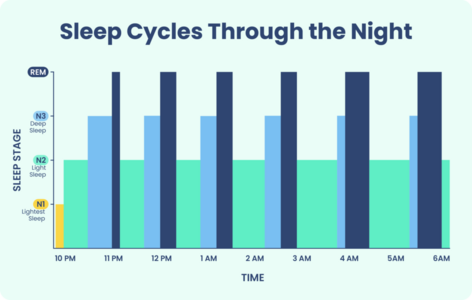I have experienced this as well.
There is a state of brain activity between being asleep and being awake. If that transition lasts long enough, you can become aware that you are not fully asleep but also not entirely awake. I have only experienced this a few times. It is definitely not a regular occurrence, and I made notes when it happened. During this state, there is silence.
By the time you move a muscle, perhaps in your face, arm, or leg, your sleep state ends completely, and the tinnitus that was present even while you were asleep becomes audible again. This happens before you even open your eyes. Your brain has shifted fully into wakefulness, and the tinnitus that was always there returns to your awareness.
On a few occasions, my high and low-frequency pure tones have remained silent for longer periods, lasting several seconds but always under one minute. However, the high-frequency white noise tinnitus in my left ear comes back very quickly once I wake up. That is especially difficult, because for a short time, the white noise is not masked by the other pure tone tinnitus, which makes it more noticeable and intense.
I had previously mentioned that my white noise tinnitus was caused by a reaction to Mirtazapine. But I now suspect that Mirtazapine may have suppressed my pure tone tinnitus, which in turn made the white noise tinnitus more prominent upon waking. All of this reinforces the idea that tinnitus originates in the brain rather than in the ears.
The statement above is not quite accurate. Tinnitus originates in the brain and is always present. It is the brain continuously influencing itself.
The most likely explanation is that the overactive areas of the brain that cause tinnitus are in conflict with the brain regions that control sleep. If the sleep mechanisms take control, the effects of tinnitus are reduced during sleep. But because you are unconscious, you do not hear the tinnitus or the silence. The tinnitus is simply being suppressed by your sleeping brain.

 Member
Member

